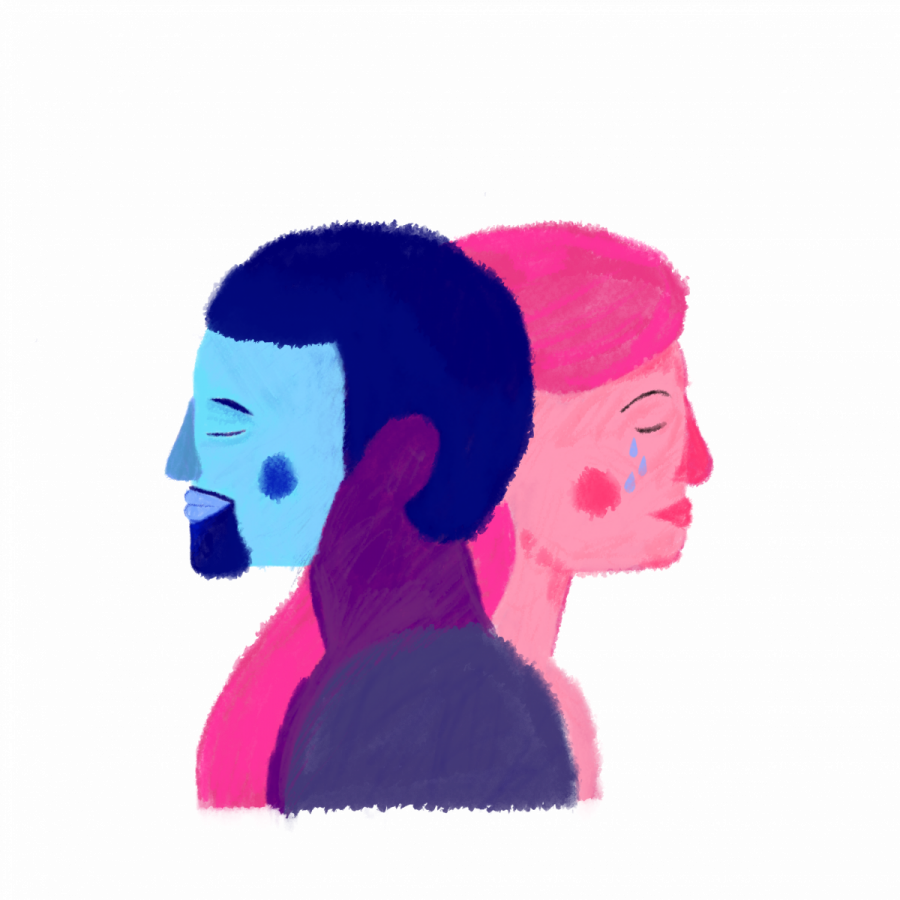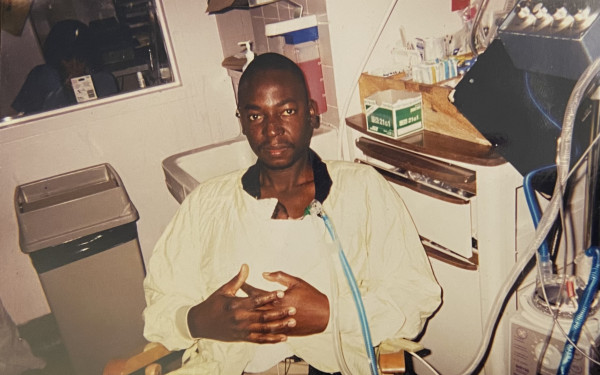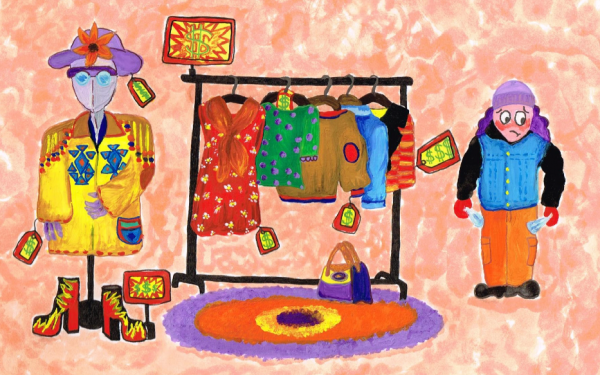Killing Scarlet
Coming out is an ongoing process, and therefore, the death of Scarlet is too
Don’t get me wrong, I hate hearing cis people say shit like “I don’t even know who you really are” after a trans person comes out to them.
But, in a way, transness requires a constant reckoning with life and death—not only because of the disproportionate amount of trans victims of violence, or because being visibly trans necessarily means you are becoming more susceptible to discrimination. I’m referring to the concept of coming out as a rebirth of sorts.
My trans journey has been painfully long, but it is still ongoing. I’ve known that I was trans since I was six years old, when kids in the first grade constantly made fun of my last name, saying “‘Guy’… do you wanna be a boy or something?” That comment shook six-year-old me to my core and I never forgot it.
I came out for the first time in eighth grade, and most of the people in my life took it as a joke or as part of a phase. I eventually went back into the closet and locked the door for a good four years, until I was comfortably, mostly privately, bisexual for the last year of high school.
Finally, in my second year of university, I moved into a four-bedroom apartment with other queer people. I gained the confidence to try out she/they pronouns, which eventually became they/them pronouns. Scarlet was still alive, but I’d shoved a knife in her chest. As an adult, it was finally possible for this pronoun update to be safely permanent. Thus began a journey, and a death, that are still ongoing today.
It initially felt weird being they/them’d by people outside of my household, but it felt even weirder saying “Hi everyone, my name is Scarlet. I use they/them pronouns!”
While being visible was exciting, I was also saying goodbye to a past self who was hyper-feminine by definition. Scarlet isn’t exactly a gender-neutral name, especially considering its cultural connotations. I also constantly wore dresses and red lipstick and had my long, wavy hair on display at all times. Saying goodbye to Scarlet was difficult, not only logistically, but also emotionally, because she was who I had been for the last nineteen years.
Coming out as “Scott,” or changing my name, has been significantly more intense than changing my pronouns. I had recently also shaved my head, and I looked trans for the first time in my life. As if overnight, my transness became visible to everyone
The first few weeks were particularly hard because I was taking French classes where, instead of having to explain ‘iel’—the French version of they/them—to 60-year-old men, I adopted he/him pronouns as a means of protecting myself.
After two months of living as the most authentic version of myself, I have made peace with being visible. Ultimately, I wouldn’t have changed my name if I wasn’t ready to constantly be perceived. But these first months have still been hard; and I am coming out, killing and grieving Scarlet every day.
When I started using the name Scott at the beginning of September, it did feel like a new start for me in many ways. At school, I was lucky that all of my professors either hadn’t known me as Scarlet or were not weird about my name change (my newly shaven head likely helped me here). It was easy to fall seamlessly into this new identity while maintaining a lot of the elements of myself that make me who I am.
At the same time, I have and continue to grieve Scarlet. Let’s be real—I was a really cute girl. I was awesome at pretending to be cis. Sometimes I look in the mirror and reckon with being trans and desirable. I mourn the easy desirability that comes with being cisgender. I mourn not getting stared at, I mourn not inciting double-takes, I mourn not having my identity questioned. There is security in being closeted, and coming out robs us of that security until we fashion new security in our authentic identities. Trans security necessitates trans joy.
It’s a long road to trans joy and trans security, though. We are not simply shutting the door on Scarlet and carrying on our merry ways, but rather closing the door on her gradually (and sometimes opening it back up again, depending on who we’re with or where we are). Coming out is an ongoing and never-ending process, meaning Scarlet‘s death is as well—one that I simultaneously grieve and celebrate.
This article originally appeared in Volume 44, Issue 5, published October 31, 2023.



_(1)_600_375_s_c1.png)
_600_375_90_s_c1.jpg)

